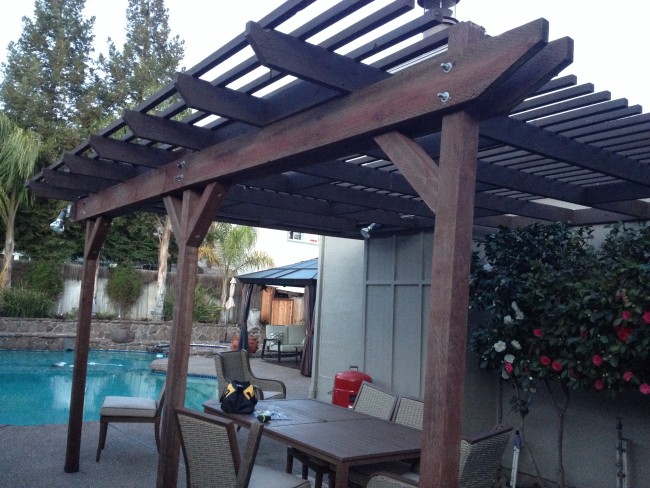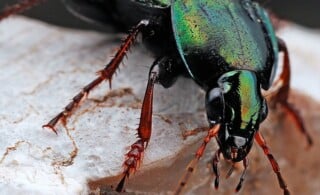
Termite inspection is the term most commonly used for a general determination of the presence of wood-destroying insects and organisms. Depending on local and state codes, this inspection may include all known organisms or may include only the most common culprits: termites, carpenter ants, carpenter bees, and wood-boring beetles.
A termite inspection is a relatively simple process of visually inspecting the interior and exterior of the building and readily accessible spaces including basements, attics, and crawlspaces. A home inspection should take less than an hour, unless the home is unusually large or clutter prevents the inspector from easily visualizing all the necessary spaces. It is also important to note that a general home inspection does not generally include a termite inspection.
Getting What You Pay For
Like most other things, when hiring a service professional, you get what you pay for. With so many different extermination methods and products, there are many companies which offer cost-cutting options that almost always mean they’re skimping on either the effectiveness or the safety of the chemicals. While nobody wants to spend the extra money, it’s important to find a competent company to avoid re-infestation or harming the environment and/or the health of household members and neighbors. On the other hand, you don’t want to simply find the most expensive exterminator, either.
Using the Inspection as an Audition
Before any extermination begins, a termite inspection must be done. Make sure the inspection is scheduled during a time when you can be present. This will allow you not only to judge the professionalism of the company and its inspectors, but will give you the opportunity to ask questions about your specific situation. It’s a good idea to ask what, if any, kind of bug is infesting the building and how bad the infestation is.
You should always receive a written report of the termite inspection and should be suspicious of any service professional that doesn’t readily offer you one. If the inspection determines you have an infestation, this written report should also include a treatment recommendation. You should ask about the details of this treatment: why that treatment was recommended, how long the treatment will prevent future infestations, how that treatment is suited to the climate/environment in which you live, and what other viable options might be available.
New Products and Treatments
In the last decade, BASF Termidor and Bayer Premise have come to dominate termite extermination and, not coincidentally, they work in essentially the same way. Older products focused on creating a chemical barrier between the soil and a building’s wood structure. This method failed to kill the termites and allowed the termites the opportunity to look for weaknesses in the barrier. BASF Termidor and Bayer Premise produce a deadly infection in the termites which rapidly spreads throughout the colony, effectively killing them off. These products are also EPA-approved and after nearly a decade of use have shown no adverse side effects to people or their local environment.
If your inspection reveals a different type of wood-destroying insect or organism, different methods may be required, but you should still ask the inspector what the available options are with an ear to how long the treatment will be effective and whether the treatment uses any dangerous chemicals. While there may not be easy answers to some of the worst-case infestations, being present and proactive at the initial inspection can reassure you that your service professional is offering you the best available course of action.
So how much does it cost to tent a house in preparation for an extermination? Consult our Termite Control Cost Guide for costs associated with professional pest services.
 A Homeowner’s Guide to Entomology and House Insects
A Homeowner’s Guide to Entomology and House Insects  Roach Control the Natural Way
Roach Control the Natural Way  Getting Rid of Raccoons: Problems and Solutions
Getting Rid of Raccoons: Problems and Solutions  Flea Control & Prevention
Flea Control & Prevention  An Eco-Friendly Yard: How to Keep Bugs, Weeds, and Other Nuisances Out Without Harming the Planet
An Eco-Friendly Yard: How to Keep Bugs, Weeds, and Other Nuisances Out Without Harming the Planet 

Are You Familiar With This Topic? Share Your Experience.